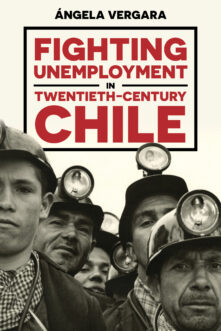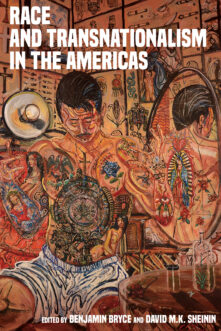Books
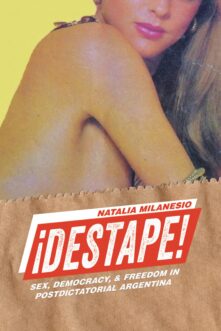
Destape
Sex, Democracy, and Freedom in Postdictatorial Argentina
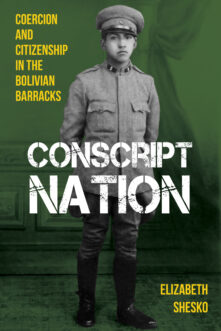
Conscript Nation
Coercion and Citizenship in the Bolivian Barracks
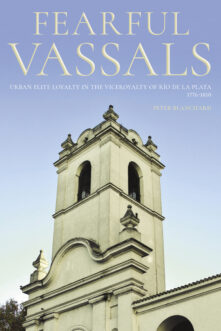
Fearful Vassals
Urban Elite Loyalty in the Viceroyalty of Río de la Plata, 1776-1810
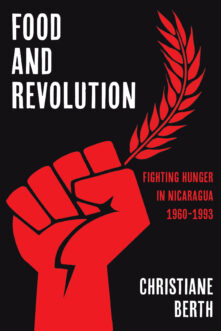
Food and Revolution
Fighting Hunger in Nicaragua, 1960-1993
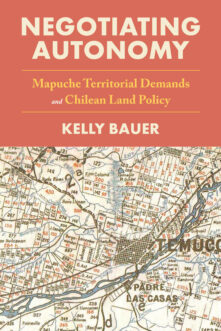
Negotiating Autonomy
Mapuche Territorial Demands and Chilean Land Policy
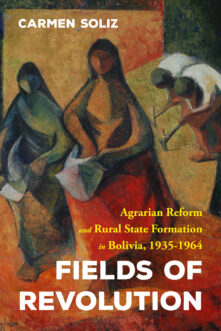
Fields of Revolution
Agrarian Reform and Rural State Formation in Bolivia, 1935-1964
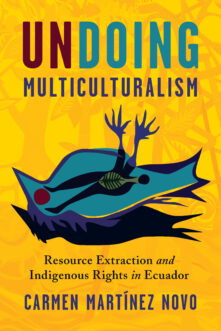
Undoing Multiculturalism
Resource Extraction and Indigenous Rights in Ecuador
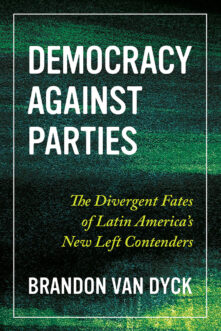
Democracy Against Parties
The Divergent Fates of Latin America’s New Left Contenders
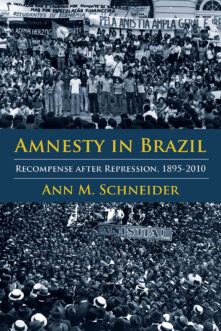
Amnesty in Brazil
Recompense after Repression, 1895-2010
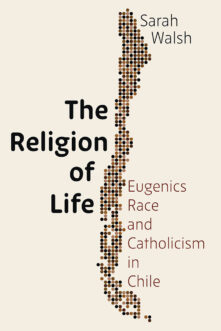
The Religion of Life
Eugenics, Race, and Catholicism in Chile
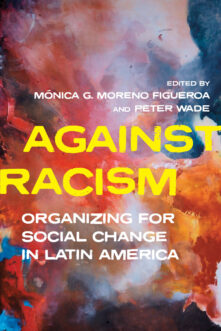
Against Racism
Organizing for Social Change in Latin America
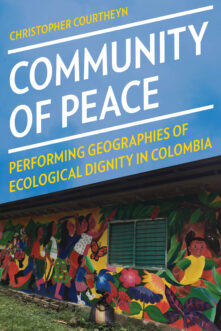
Community of Peace
Performing Geographies of Ecological Dignity in Colombia
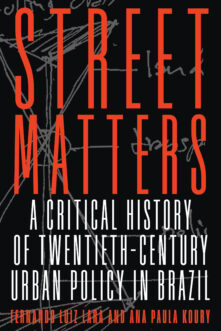
Street Matters
A Critical History of Twentieth-Century Urban Policy in Brazil
Total 113 results found.


